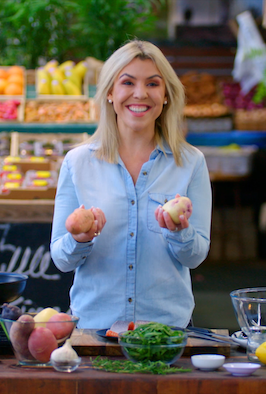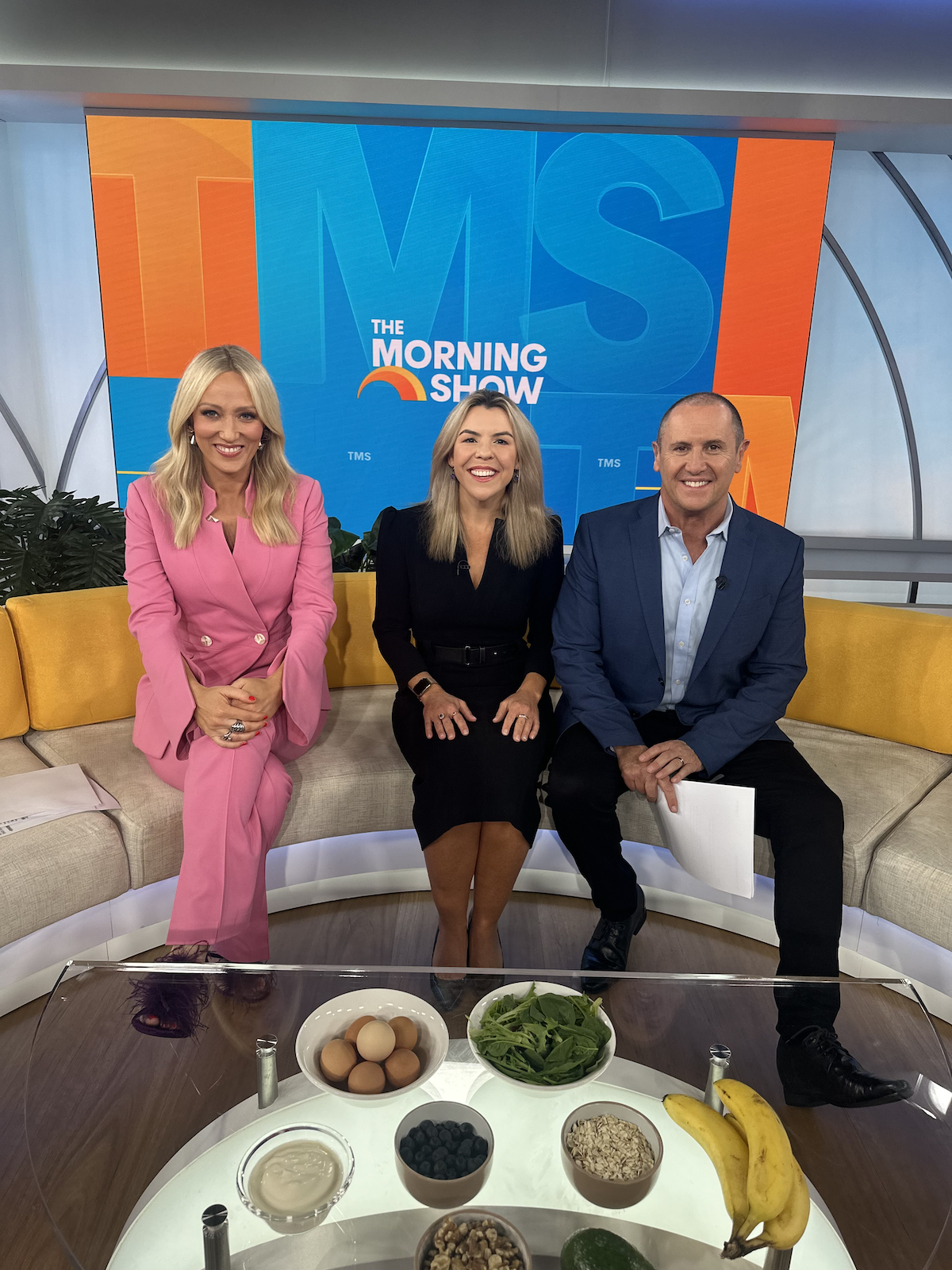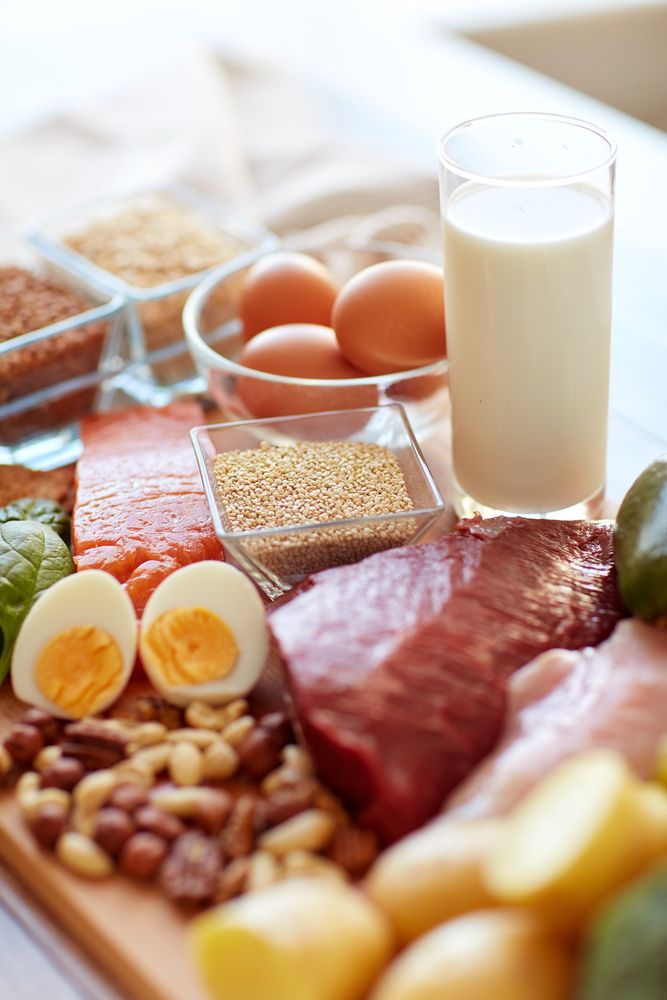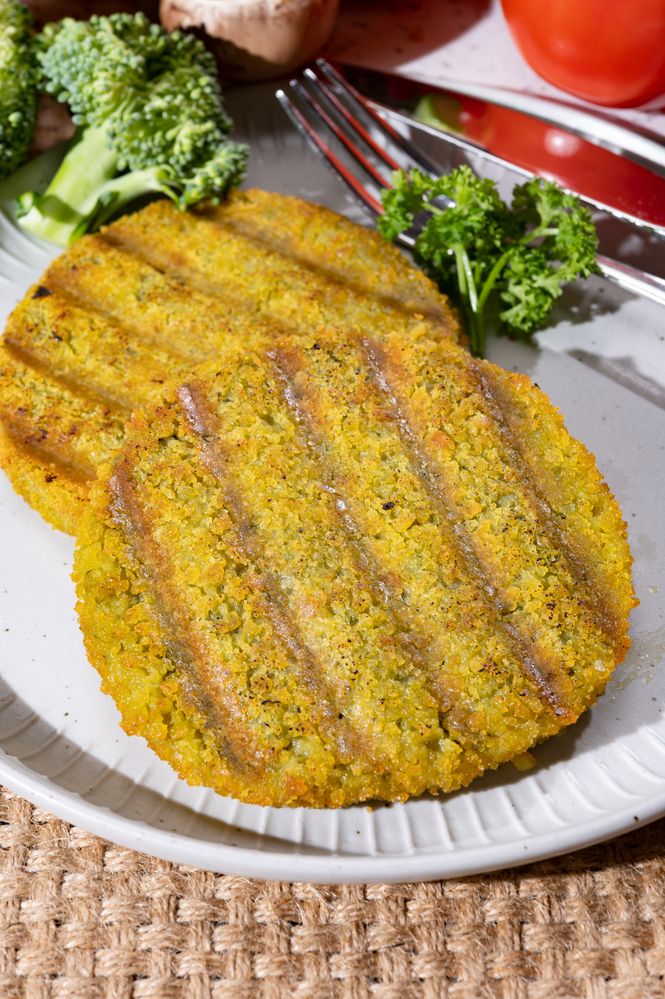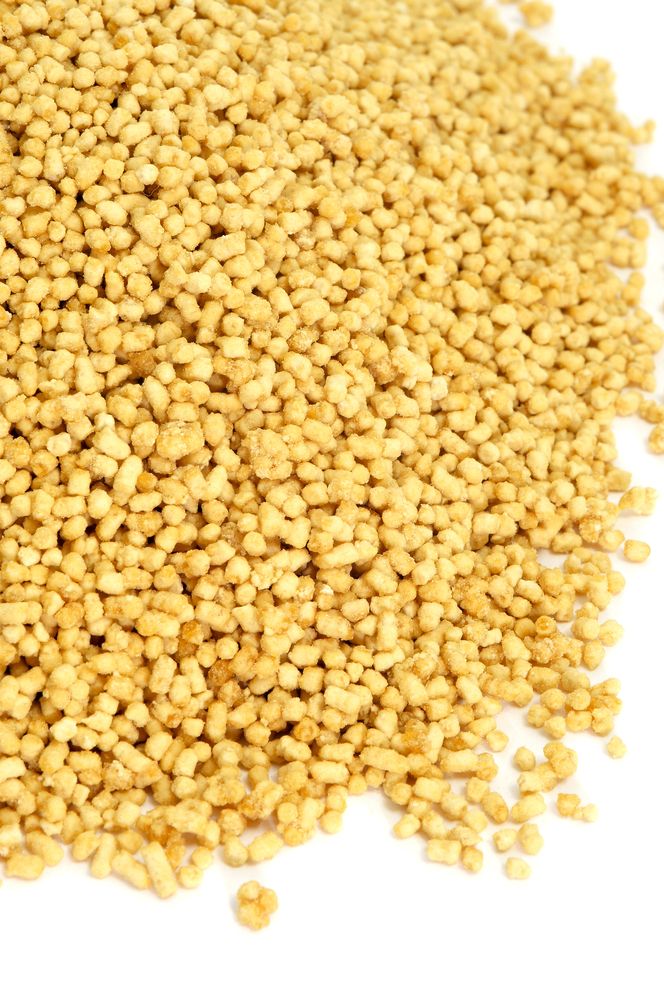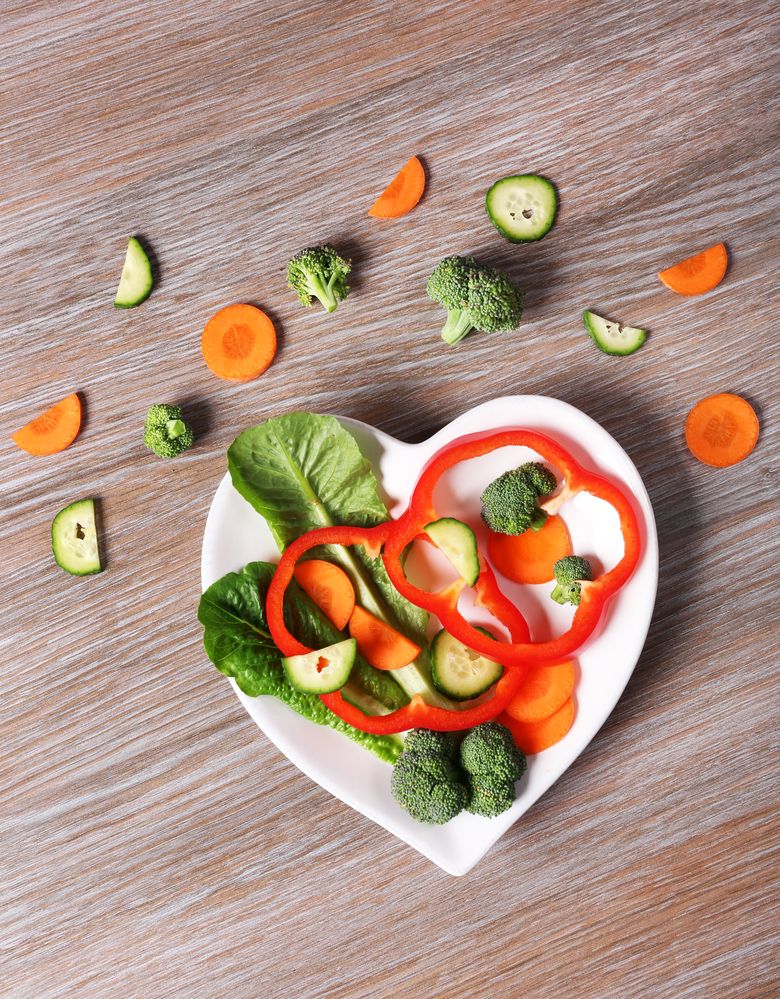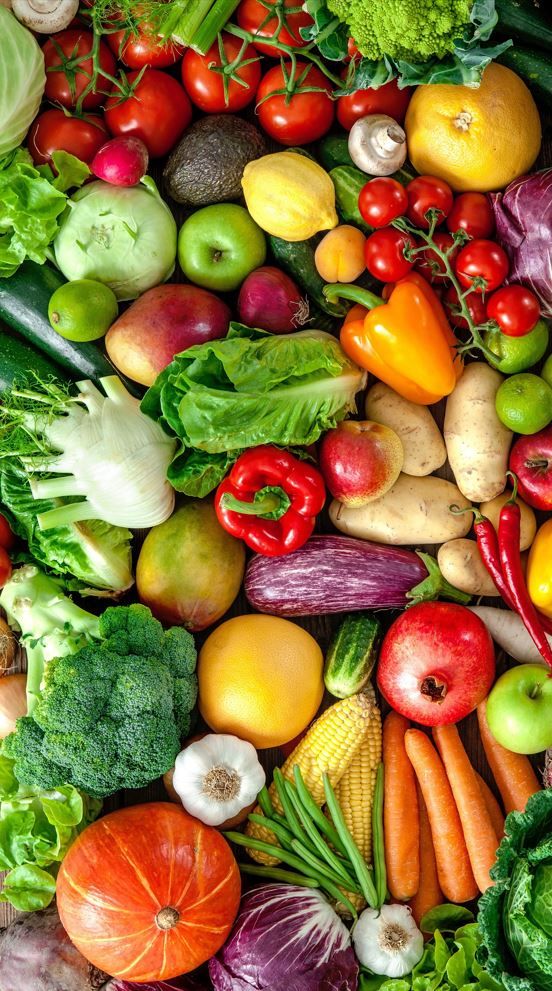Eating for exams - what to eat to boost concentration and memory
Written by Catherine Saxelby
on Friday, 06 August 2010.
Tagged: balanced diet, concentration, healthy eating, nutrition

Whether you're cramming for exams or working hard mentally on a gruelling report, the type and timing of your food can help you boost memory, improve concentration and achieve top results. Here's how.
6 ways to prepare well
Good nutrition in the lead up to exams will boost mental alertness and help you deal better with long hours of study and pre-test stress. Now's not the time to pig out on chocolate or snack on biscuits while you work. Try these 6 things:
1. enjoy regular meals.
2. stop for small snacks to keep up fuel to the brain.
Easy nutritious snacks to grab include yoghurt, a handful of nuts or nuts mixed with dried fruit, a bowl of cereal with milk, a banana or mandarin or other fresh fruit, sushi rolls, raisin toast with a little spread, 3-4 rice cakes or crispbread spread with peanut butter or cheese, hot milk and honey.
3. eat food rich in iron and zinc for improved memory and concentration.
These are red meat, fish and seafood (especially oysters), chicken, nuts and whole grains such as brown rice, grainy breads and wholegrain breakfast cereals.
4. eat plenty of vegetables, legumes, yeast spread, wheatgerm for their high concentration of B vitamins and minerals to keep your brain and nervous system in top order.
5. top up your omega-3 fats by eating fish including canned tuna, canned salmon, prawns and calamari. Alternatively look for the omega-3 enriched spreads, breads and eggs now on the market.
6. drink at least 8 glasses of fluid to stay hydrated and prevent fatigue.
Ideally most of this should come from water, but clear soup, tea, milk and juices also contribute.

Pre-exam meal ideas
Aim for a light meal or snack that provides carbohydrate for glucose to fuel the brain, combined with protein and a little of the 'healthy' fats. Make sure it is familiar food - don't eat anything unusual or that you have never tried before on the day of your big test.
For morning exams:
Have breakfast - many studies show that concentration, performance and memory are higher if you eat in the morning.
Try cereal and milk or toast with spread. If you can manage more than this, go for some fruit (fresh or canned), yoghurt, egg or baked beans on toast.
For afternoon exams:
Have a light lunch that won't have you nodding off with post-meal sleepiness:
A bowl of soup and bread roll
or
a sandwich or wrap filled with meat or chicken and salad.
Can't handle solid food?
Go for a liquid meal - blend your own smoothie or try one of the commercial liquid meals.
4 non-food study tips
- Take a short break every hour. Walk around, do some stretches or get some fresh air to clear your mind and recharge.
- Get enough sleep.
- Try to go to bed at around the same time each night and get up the same time in the morning - your body gets into a routine so sleep comes faster and you wake feeling better. If you can coincide your sleep with your exam timetable, so much the better.
- Decide whether you're most productive in the morning or in the evening and schedule intense revision for this peak time.
Caffeine - how much is too much?
Students often rely on coffee to help them study into the night or before a major exam.
Caffeine acts as a mild stimulant to the brain and nervous system, making you feel more alert and lessening the feeling of tiredness.
Too much, however, can be a trap. If you overdo caffeine, it can make you irritable, anxious, interfere with sleep and leave you with an upset stomach. And once you get dependent on caffeine, you can end up with a headache and a feeling of tiredness if you stop having it - caffeine withdrawal!
Generally no more than 300 mg caffeine a day is wise, which is equivalent to 3 or 4 cups instant coffee or 2 cups percolated or espresso a day.
So save the coffee for times when your enthusiasm is flagging and you need a boost. If you don't want it to keep you awake at night, try to have your last cup by 6pm. After that, switch to decaffeinated coffee or weak tea, which has approximately a third the caffeine of coffee.
Herbal infusions like peppermint or ginger tea offer a refreshing pick-me-up without the after-effects of caffeine.
Reviews
-
Read more
Product review: Low-sugar alcoholic ginger beer
1 March 2023 by, Catherine Saxelby
Want something to drink before dinner? Something that’s LOWER in alcohol than wine? To match his beer? Then look no further than Bundaberg’s low-sugar alcoholic ginger beer.
You can drink Bundaberg low-sugar ginger beer straight from the can, or pour it into a long glass over ice with a slice of lime.
-
Product snapshot: Berkelo’s Khorasan Macaroni
14 September 2022 by, Catherine Saxelby
I’m loving this macaroni from Berkelo. I was sent a sample for Whole Grain Week 2022 by the Grains Legume Nutrition Council. I cooked it up and found that it was just divine! Read on for more …
-
Product review: Super high-oleic safflower oil
11 May 2022 by, Catherine Saxelby
“What does super high-oleic mean?” I hear you ask. Also, “I haven’t heard of safflower for ages. What’s the deal?” Read on and all will be explained.
-
Product review: Healthy Life Food Tracker
6 April 2022 by, Catherine Saxelby
When I was first asked to write this review, I thought, Not another tracker.
After all, there have been several in recent years, such as My Fitness Pal and Everyday Diet Diary. But this one is different. It works by using your Everyday Rewards card AND your shop at Woolworths.
-
20 October 2021 by, Catherine Saxelby
With home delivery on the rise, this post is reviewing none other than that stalwart Lite n’ Easy. We all know their meals are good for weight loss (which we all need after COVID-19!), but did you know they’re also good for general health and wellbeing ? Eating well to nourish yourself – putting your mental health and wellbeing at the forefront – is gaining momentum. Lite n’ Easy meals also ensures you satisfy your need for vitamins, minerals, fibre and phyto-compounds, such as sterols and carotenoids.
 This post has been sponsored by Lite n' Easy.
This post has been sponsored by Lite n' Easy. -
Product review: Birds Eye Plant Based range
15 September 2021 by, Catherine Saxelby
When you think of Birds Eye, their frozen peas and fish fingers probably come to mind. But I bet you’d never think of plant-based products!
 This post has been sponsored by Birds Eye.
This post has been sponsored by Birds Eye. -
Product Snapshot: Olina’s Snackers Crackers
2 June 2021 by, Catherine Saxelby
We sampled Olina’s latest offering in the seeded cracker range – called Olina’s Bakehouse Seriously Seedy Snackers (which is a great name BTW). They come in four flavours: Barbecue, Chilli & Lime, Beetroot & Sour Cream, and Balsamic Vinegar & Caramelised Onion. Take a look at our verdict.
Healthy Weight Loss
-
Read more
Intermittent fasting vs daily calorie restriction
3 May 2023 by, Catherine Saxelby
As you probably know already, intermittent fasting (IF) has gained favour as an alternative regimen to daily caloric restriction (DCR). Fasting is shown to extend the lifespan of rats, and has been associated with metabolic benefits in humans, yet the results so far have been inconsistent. So, which regimen is best for healthy weight loss?
-
15 March 2023 by, Catherine Saxelby
What sort of a diet should you follow to lose that excess weight? These days, it’s pretty confusing with high-protein Keto advocates clashing with plant-protein followers … as well as intermittent fasters, juice-only dieters, no-carb dieters and no-animal (aka plant-based) dieters. Plus all the ads for anti-hunger supplements, meal-replacement shakes and home-delivered meals, more of which somehow appear every day. So, what sort of diet should YOU follow to lose that excess?
-
Protein shakes for weight loss
9 November 2022 by, Catherine Saxelby
These days, protein shakes aren’t bought by just body builders – they’re so popular that you can readily buy a 400 g tub at your local supermarket or service station. And with tempting claims such as ‘Facilitates muscle toning’, ‘Contains transformation-making protein’ and ‘Tastes incredible, mixes easily’, why wouldn’t you grab one? But protein shakes aren’t the magic answer to all your weight-loss woes. Let’s take a look at what you get for your money.
Guest post by dietitian Zoe Wilson APD
-
20 January 2021 by, Catherine Saxelby
Many of us have cravings from time to time and for different reasons. One thing is certain, they can sabotage all your best efforts at a healthy diet and/or weight loss. The good news? You CAN beat them. I’ll tell you how.
-
How to lose weight WITHOUT going on a diet
14 October 2020 by, Catherine Saxelby
The word 'diet' is a turn-off for most people. It sounds hard, unpleasant and unpalatable. Losing weight doesn’t have to be hard AND it doesn’t have mean sticking to a 'diet'. You can forget Paleo, Keto, Vegan and Raw, Gluten-free and Intermittent Fasting. To lose weight, you don’t have to follow any specific diet. What you need is simple, healthy, nutritious food and a few tips and tricks.
-
What IS a healthy balanced diet for weight loss?
16 September 2020 by, Catherine Saxelby
Healthy weight loss happens when you lose weight slowly and steadily (around 1 kg or 2 pounds weight loss a week). Your goal is to lose weight while still getting your essential nutrients but from smaller portions. You certainly don’t want to be tired with no energy! That’s why you need regular healthy meals and snacks on hand to ensure your vitamins, minerals, omega-3s and fibre needs can be easily met. There is a new range of healthy weight loss meals available and it’s one that I’d like to recommend. With these ready meals, you’ll say goodbye to meal planning, shopping, meal preparation and cooking.
This post is sponsored by Chefgood
-
Kitchen make-over for the New Year
8 January 2020 by, Catherine Saxelby
“This year, I'm going to lose weight!”, or “This year I’m opting for a healthier lifestyle!” Is your 2020 New Year's resolution something like one of these? If so, how is it going to happen?
Most popular
-
Read more
Q. What's the difference between Diet Coke and Coke Zero?
12 September 2013 by, Catherine Saxelby
A. At first glance, Diet Coke and Coke Zero appear to be identical. Both contain no kilojoules (Calories) and no sugar. Both are artificially sweetened with (the same amount) of aspartame and acesulfame K and therefore have the same ‘sweetness’.
-
How to convert sodium to salt (and salt to sodium)
6 August 2010 by, Catherine Saxelby
As a nutritionist, my aim is to help busy women eat healthily. One of the ways to do this is to follow the general nutrition advice to reduce the salt in your diet. So, how can you do this when what you’ll see on a food label and on any recommended daily intakes is sodium?
-
7 types of sugar - which is healthier?
11 December 2013 by, Catherine Saxelby
Last week on the radio, the announcer asked me if there was a 'good' sugar – one that would satisfy her sweet tooth but that was 'healthier' than regular white sugar. She figured if there were 'good' carbs and 'bad' carbs there must be some sugars that would get the nod of approval from nutritionists.
-
Eat to beat gastro and diarrhoea
12 October 2012 by, Catherine Saxelby
A clear fluid diet is the best form of treatment for gastro and tummy upsets. It is the "lightest" type of diet, designed to place as little strain as possible on the digestive tract. It is NOT nutritionally adequate and should be followed only for a strictly limited time e.g. two or three days but no more than a week.
-
Nutella. The full (correct) list of ingredients
12 April 2011 by, Catherine Saxelby
Have you ever tried to find the exact list of ingredients for Nutella online? The identical one that appears on its label - in descending order from the first (largest ingredient by weight) to the last ingredient, as required by law? Well, you won’t find it! Here’s the hoop-la I went through to discover exactly what the ingredients in Nutella are and why Nutella is not good for your kids.
-
Sugar - why quitting sugar guarantees you'll lose weight
6 May 2013 by, Catherine Saxelby
Sugar. It's been labelled "deadly", "addictive", "toxic", "sweet poison" and blamed for the rise in global obesity in recent years." Get rid of the white toxin from your diet and you'll free up your body to drop those excess kilos" (or so say anti-sugar campaigners Sarah Wilson, David Gillespie and Robert Lustig). Here are the three real reasons why I believe quitting sugar helps you lose weight.
-
What does 8,700 kilojoules look like?
14 August 2012 by, Catherine Saxelby
8,700 is a magic number in nutrition. It’s the number of kilojoules (kJ) that is the “average” intake for adults in Australia, if the surveys are correct.
It’s widely used as a benchmark figure and as the basis of food labels such as the Percent Daily Intake values.
Recently kilojoules have appeared on fast food menu boards and they use 8,700 as the yardstick to assess their foods against. Here's my take on it.
Recipes
-
Read more
24 May 2023 by, Catherine Saxelby
This is a kind of pavlova topped with fruit, but the base is made from ricotta, rather than egg whites and sugar.
-
22 March 2023 by, Catherine Saxelby
This is an Asian-influenced salad that’s perfect to serve as a side salad at a BBQ or with a fillet of fish.
-
14 December 2022 by, Guest Post
This banana loaf is half bread and half cake. Hence I've called it "cread" which is halfway! It’s dense and delicious without being super-sweet or oily. It can be enjoyed fresh, toasted or sliced and frozen into portions to enjoy later.
-
23 November 2022 by, Guest Post
This quick and easy dessert is ready in minutes. And there are NO leftovers to tempt you later!
-
19 October 2022 by, Catherine Saxelby
A quick and easily-made sandwich, it’s great for an easy lunch.
-
Spring Vegetable Pesto Pasta Salad
7 September 2022 by, Guest post
This super salad-in-one gives you pasta plus vegetables all together. It has a spring feel to it.
-
Squash-ed spaghetti bolognaise
3 August 2022 by, Guest post
This is an excellent make-and-freeze recipe, so weeknight meals become more manageable. I know of no better way of ‘hiding’ veggies than in a Bol sauce – somehow mince with a few veggies like pumpkin or zucchini is a match-made-in-heaven.
Jemma O'Hanlon
The Good Stuff
The Boring Stuff
© 2025 Foodwatch Australia. All rights reserved
Website by Joomstore eCommerce
